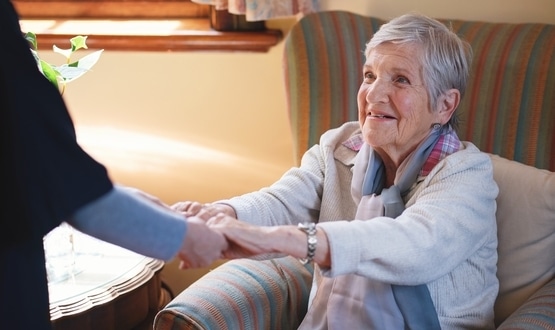London LMCs run own SCR campaign
- 26 February 2010
![]() The summary care record roll out
The summary care record roll out
Londonwide Local Medical Committees is advising GPs to consider proactively contacting patients about the creation of Summary Care Records.
The LMC said that whatever individual GPs felt about the project “it is our duty as doctors to ensure that patients are adequately informed about the handling of information recorded.”
NHS London is to run 12 week Public Information Programmes on the SCR across all primary care trusts in the capital by the end of March and aims to create SCRs for 100% of Londoners that want one by March 2011.
Patients will receive a letter and a form for opting-out from their PCT, but the LMC said concerns had been expressed “that the very short period which patients are being given to exercise their right to choose is far from ideal.”
The LMC added: “Many patients will have worries which they will wish to have addressed and many may not bother or may ignore the letters and miss their chance to opt out from the start.”
In addition to the PIP, the LMC suggested that practices might want to contact patients directly or use patient participation groups or practice websites and text messaging systems to outline patients’ options on the SCR.
The LMC has also created its own poster and information leaflet and opt-in/opt out form for practices to give to patients about the SCR.
The LMC information emphasises that patients have “a right to control” what happens to their records and that that the BMA believes that records should not be uploaded without explicit consent.
It does not mention the ‘consent to view’ model introduced for the SCR last year, which the BMA said was a positive step forward.
The leaflet says there are “pros and cons” to having an SCR and says that it would enable emergency doctors to have access to medical records which might avoid mistakes or problems.
The leaflet adds: "On the other hand, there is not much evidence that these sorts of systems dramatically improve care. Having all your personal medical information in one place increases the risk of other people accessing it without permission (known as ‘hacking’) or it getting lost.”
The poster advises patients who want their medical records “to stay confidential to this practice” and those who are not sure to sign an opt-out form at reception.
The opt-out rate for the 1,139,754 SCRs that had been uploaded to the Spine by the beginning of February was 0.66%.
However, one of the reasons the ‘consent to view’ model was introduced was concern raised in the independent evaluation of the SCR that concluded that patients remained ignorant of the basic issues despite receiving information.




